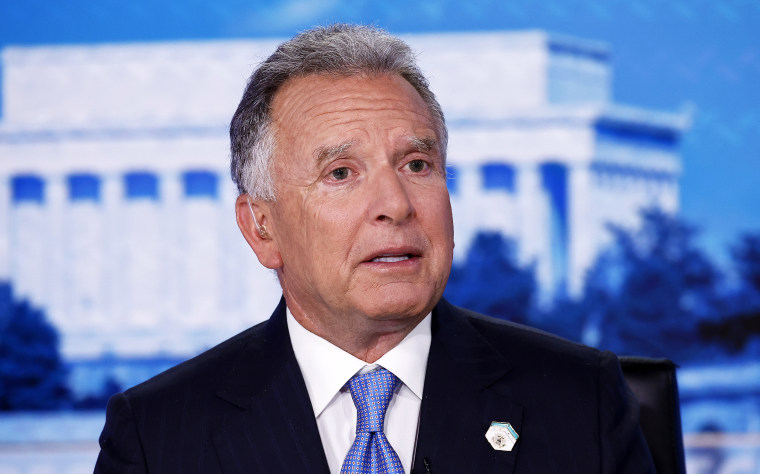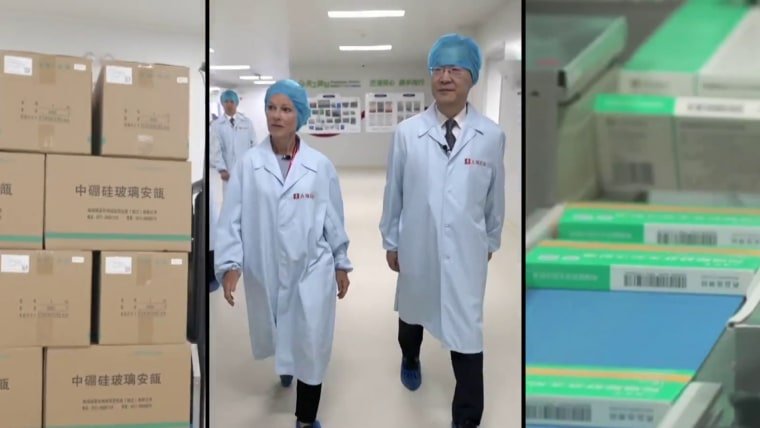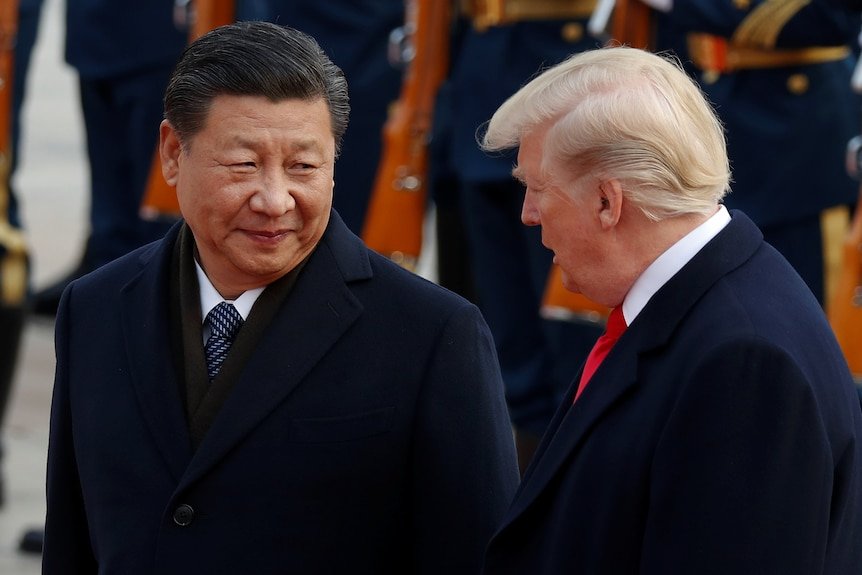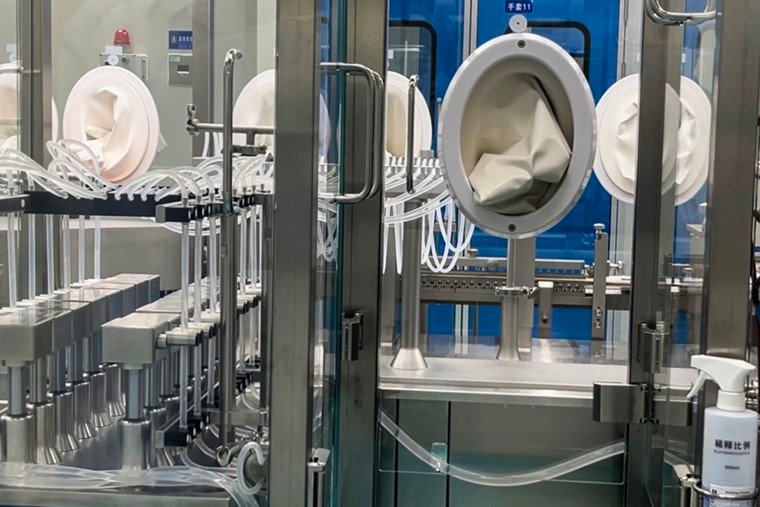President Donald Trump has repeatedly agreed to transactional trade and business deals that aid him politically or his family financially but weaken U.S. national security, according to former national security officials and Democrats.
The concerns come before a high-stakes meeting on Thursday between President Trump and President Xi Jinping of China, in which both leaders are under pressure to broker a trade deal. Chinese officials are expected to pressure Trump to approve the sale of advanced semiconductor chips that could help China create artificial intelligence-enhanced weapons in exchange for China easing recent restrictions it placed on U.S. access to rare earth minerals it controls, former national security officials said.
“Giving China access to cutting edge AI chips in exchange for raw materials is a terrible deal for America’s national security,” said Sen. Ron Wyden, D-Ore. “Our country’s technology advantage is not worth giving away just so Trump can get a few headlines.”
National security officials also say that Trump backed the sale of hundreds of thousands of advanced American semiconductor chips to the United Arab Emirates weeks after the country’s sovereign wealth fund invested $2 billion in a crypto-firm co-owned by the families of Trump and Steve Witkoff, a longtime friend and diplomatic envoy. And the president recently pardoned a crypto industry billionaire whose crypto firm, Binance, was ordered to pay a $4.3 billion fine after U.S. investigators found it helped users bypass sanctions.
“American national security is now for sale,” said a former senior national security official, who asked not to be named, citing fear of retaliation. “It’s all transactional.”
White House officials predicted that Trump will secure a trade deal with China that protects national security and fuels growth.
“President Trump pledged to put an end to the hollowing out of American industries and communities, not to make deals for the sake of making deals,” said Kush Desai, a White House spokesman. “The only deals that President Trump is willing to strike are deals that deliver on this pledge by putting Americans and America First.”
The criticism comes as Trump completes his first swing through Asia of his second term, cutting bilateral trade deals with Cambodia and Malaysia. His biggest prize would be securing a trade deal with China, with whom he has been engaged in an aggressive trade war after repeatedly threatening to slap an additional 100% tariffs on its exports.
“Giving China access to cutting edge AI chips in exchange for raw materials is a terrible deal for America’s national security. Our country’s technology advantage is not worth giving away just so Trump can get a few headlines.”
Sen. ron wyden, d-ore.
“During Trump’s first term, he followed a precedent sent by both Republican and Democratic administrations for decades,” experts and former national security officials said. They said the potential export of American technology that could give a rival nation a military advantage over the U.S. was not included as part of trade negotiations.
“Historically, whether it’s past Democratic or Republican administrations, there has long been an effort to separate export controls from trade talks,” said Matt Axelrod, who served as the head of export enforcement during the Biden administration. “It’s also a departure from the first Trump administration.”
Former national security officials also pointed to Trump’s failure to enforce a federal a law that required ByteDance, TikTok’s Chinese parent company, to divest its interest in the app or face a nationwide ban. They said China must have no control of TikTok’s algorithm, which they say would allow Beijing to spread propaganda to the app’s more than 100 million users in the U.S.

American lawmakers were so concerned about the risks of TikTok that they passed legislation signed by then-President Joe Biden in 2024 that required its sale within a year, a deadline Trump has repeatedly extended despite a ruling upholding the law from the Supreme Court.
Glenn Gerstell, who served as the general counsel of the National Security Agency from 2015 to 2020, said the expected finalization of a deal that will create a new ownership structure for TikTok will be an early indication of Trump’s approach. A key sign will be whether details of the agreement are made public, particularly whether ByteDance, its parent company, will retain any control of TikTok’s algorithm or data.
“Until they specifically say where the algorithm is, there is no way of knowing,” Gerstell said.
Americans for Responsible Innovation, a nonprofit bipartisan group that says it advocates for AI policies that are in the public interest, urged Trump not to sell additional advanced AI chips to China as part of a trade deal.
In July, the group sent a letter signed by several officials who served in Trump’s first administration, urging the president not to approve the sale to China of H20 semiconductor chips by Nvidia, based in California, after it was agreed that 15% of the proceeds would go to the U.S. government. Now, the group warns that Xi may push Trump to approve the sale to Beijing of even more advanced B30 chips.
Speaking to reporters on Air Force One on Wednesday, Trump said he might speak to Xi about what he called Nvidia’s “super-duper chip,” without elaborating, Reuters reported.
“I think we may be talking about that with President Xi,” Trump said, adding he was “very optimistic” about his meeting with Xi.
“This confirms our fears,” said Chris MacKenzie, Americans for Responsible Innovation’s head of communications.







